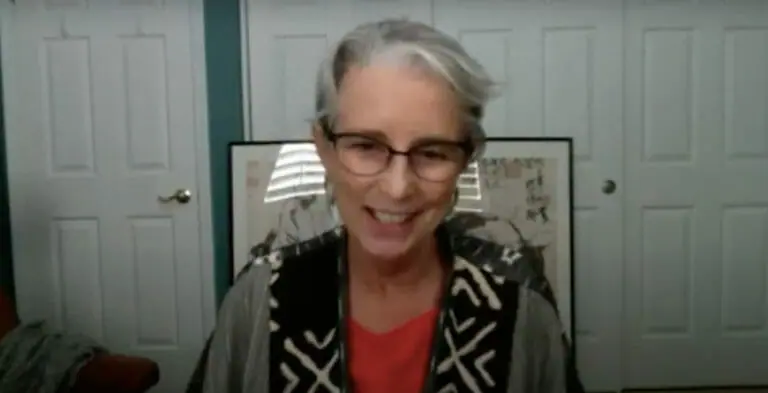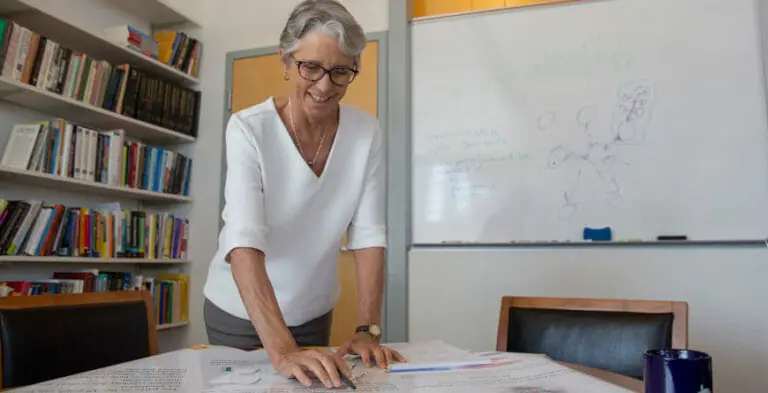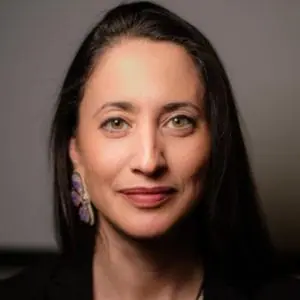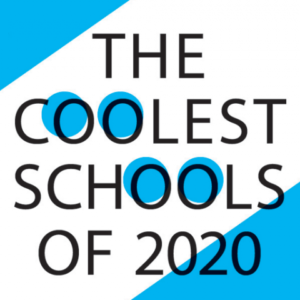
Ocean Hope Spots, discussion on marine protected areas
As part of the United Nations Global Compact’s Uniting Business LIVE (September 21-23), marine conservation experts joined a panel discussion titled "Ocean Hope Spots: A panel discussion on marine protected

Ecological Synthesis and Its Role in Advancing Knowledge
Today, ASU Center for Biodiversity Outcomes Founding Director Leah Gerber co-authored a new BioScience publication titled "Ecological Synthesis and Its Role in Advancing Knowledge." Abstract Synthesis has become ubiquitous in

Privacy and the pandemic, insights from complexity science
Stephanie Forrest presented on complexity, privacy and the pandemic to the Applied Complexity Network, a collaboration group of firms, governments and nonprofit organizations facilitated by the Santa Fe Institute. In this July talk, Forrest, who is the director of the Biodesign Center for Biocomputing, Security and Society, discussed how biological mechanisms can inspire and inform computer algorithms that help us address privacy concerns, such as those that arise in a

Forrest featured on AI podcast
The Pulse of AI Podcast host Jason Stoughton spoke with Stephanie Forrest and Risto Miikkulainen about evolutionary artificial intelligence. The podcast walks listeners through what evolutionary AI is, how it is used and the challenges and opportunities it offers. The podcast episode is titled “Deep Dive into Evolutionary AI.” Forrest, director of the Biodesign Center of Biocomputing, Security and Society, is an expert on biological computation, including work on computational
Clean Growth Incubator rollout event Oct. 14
The ASU Laboratory for Energy And Power Solutions (LEAPS) and several ASU faculty have been working with the Center for Strategic Policy Innovation for several months to develop ways to enhance renewable energy development opportunities in medium-size cities across the U.S.
Watch: Global Futures Panels at the UN Global Compact
Recordings available. The Julie Ann Wrigley Global Futures Laboratory was able to showcase 142 faculty, staff and external partners to an international audience across 36 hours of programming specific to sustainable development, planetary systems, innovation, complexity and global futures.
NEON Biorepository adds cryo collections space
ASU Biocollections and the NEON Biorepository has just completed phase one of physical renovations, with the addition of a nearly 4,000 square feet of “cryo collections” space, for NEON organismal and environmental samples stored at -80 degrees and in liquid nitrogen.
NSF issues call for sustainable regional systems proposals
The National Science Foundation has issued program solicitation NSF 20-611, Sustainable Regional Systems Research Networks (SRS RNs). Full proposals are due by January 11, 2021. NSF will hold an informational webinar on October 27, 2020.

Video: Environmental Humanities Initiative distinguished lecture with Elizabeth Hoover
A recording of the Environmental Humanities Initiative’s 2020 distinguished lecture with Elizabeth Hoover is now available, along with a video of the lecture discussion, at the Institute for Humanities Research YouTube channel.
Nations United: Urgent solutions for urgent times
A new, 24-minute film called Nations United has been created by the United Nations on its 75th Anniversary and to mark five years since the adoption of the Sustainable Development Goals. In the midst of a pandemic radically transforming our world, Nations United tells the story of the world as it is, as it was, and as it could be. It focuses on the solutions and action we need to tackle poverty, inequality, injustice and climate change.

ASU moves up to No. 4 in Sierra Club's 'coolest schools'
Sierra magazine, the national publication of the Sierra Club, released its 14th annual “Cool Schools” competitive ranking of North America’s greenest colleges and universities on Sept. 28, ranking Arizona State
UCRC Poster Event 2020–RSVP required!
We are excited to announce the 3rd annual Urban Climate Research Center Poster Event. This year’s event includes posters from 8 ASU schools and collaborators at 4 other universities. As it